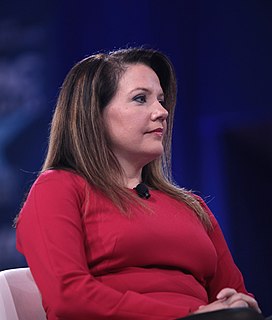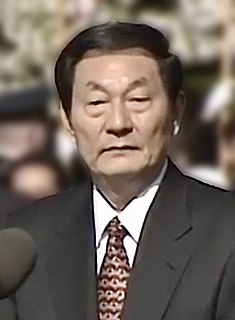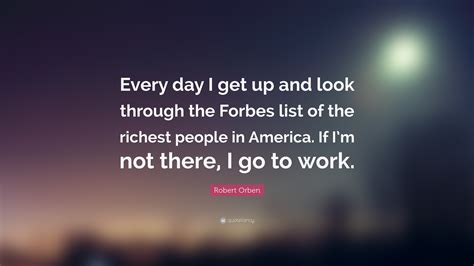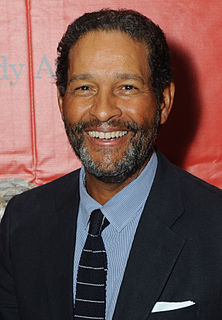A Quote by H. W. Brands
He used humor more effectively than any president since Abraham Lincoln. Reagan was not an especially warm person, but he appeared to be. Many people disliked his policies, but almost no one disliked him.
Related Quotes
A psychologist once asked a group of college students to jot down, in thirty seconds, the initials of the people they disliked. Some of the students taking the test could think of only one person. Others listed as many as fourteen. The interesting fact that came out of this bit of research was this: Those who disliked the largest number were themselves the most widely disliked. When we find ourselves continually disliking others, we ought to bring ourselves up short and ask ourselves the question: "What is wrong with me."
Abraham Lincoln did have intellectual instincts, a tremendous curiosity on a broad range of subjects, and a near-photographic memory for what he read. He was, at the end of the day, a politician: politics were his heaven, said William Herndon. But Lincoln did take comfort in ideas and books, more so than almost any other president, and he went to books and ideas in moments of perplexity to sort things out. Philosopher, no, but thoughtful and "surprisingly well-read" for his day.
Until the early 90s, when I was working on a project about the idea of free will in American philosophy. I knew that Lincoln had had something to say about "necessity" and "fatalism," and so I began writing him into the book. In fact, Lincoln took over. I wrote instead 'Abraham Lincoln: Redeemer President,' in 1999, and I've splitting rails with Mr. Lincoln ever since. If there's a twelve-step process for this somewhere, I haven't found it yet.
There's been more written about Lincoln than movies made about him or television portraying him. He's kind of a stranger to our industry, to this medium. You have to go back to the 1930s to find a movie that's just about Abraham Lincoln. I just found that my fascination with Lincoln, which started as a child, got to the point where after reading so much about him I thought there was a chance to tell a segment of his life to to moviegoers.
Humor is a marvelous communications tool, as Reagan has demonstrated so well. He has weathered many a storm that others might not have. With Reagan, people just say, 'There he goes again.' A sense of humor allows a president to back off a little from the tensions of the moment and take a calmer view of things.
No president in history has been more vilified or was more vilivied during the time he was President than Lincoln. Those who knew him, his secretaries, have written that he was deeply hurt by what was said about him and drawn about him, but on the other hand, Lincoln had the great strength of character never to display it, always able to stand tall and strong and firm no matter how harsh or unfair the criticism might be. These elements of greatness, of course, inspire us all today.
In the past, I think I was scared of showing myself. I thought people disliked me because I received so much hate when I was young. But as I grew older, I realized that there were people who disliked me and people who liked me. So I learned that there was no need for me to be so conscious of what others thought about me.
Viewing the man from the genuine abolitionist ground, Mr. Lincoln seemed cold, tardy, weak and unequal to the task. But, viewing him from the sentiments of his people, which as a statesman he was bound to respect, then his actions were swift, bold, radical and decisive. Taking the man in the whole, balancing the tremendous magnitude of the situation, and the necessary means to ends, Infinite Wisdom has rarely sent a man into the world more perfectly suited to his mission than Abraham Lincoln.
Abraham Lincoln was, in my judgment, in many respects, the grandest man ever President of the United States. Upon his monument these words should be written: "Here sleeps the only man in the history of the world who, having been clothed with almost absolute power, never abused it, except upon the side of mercy."







































